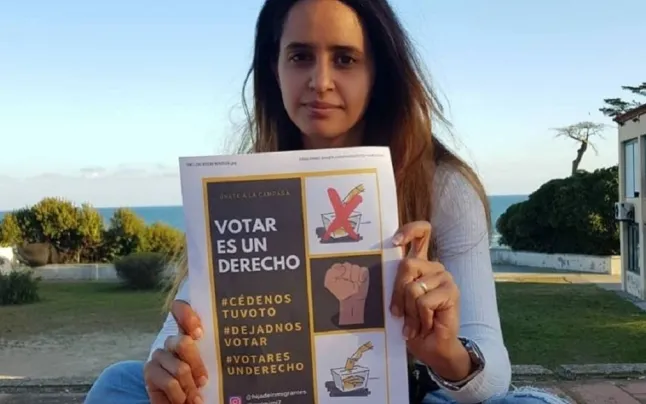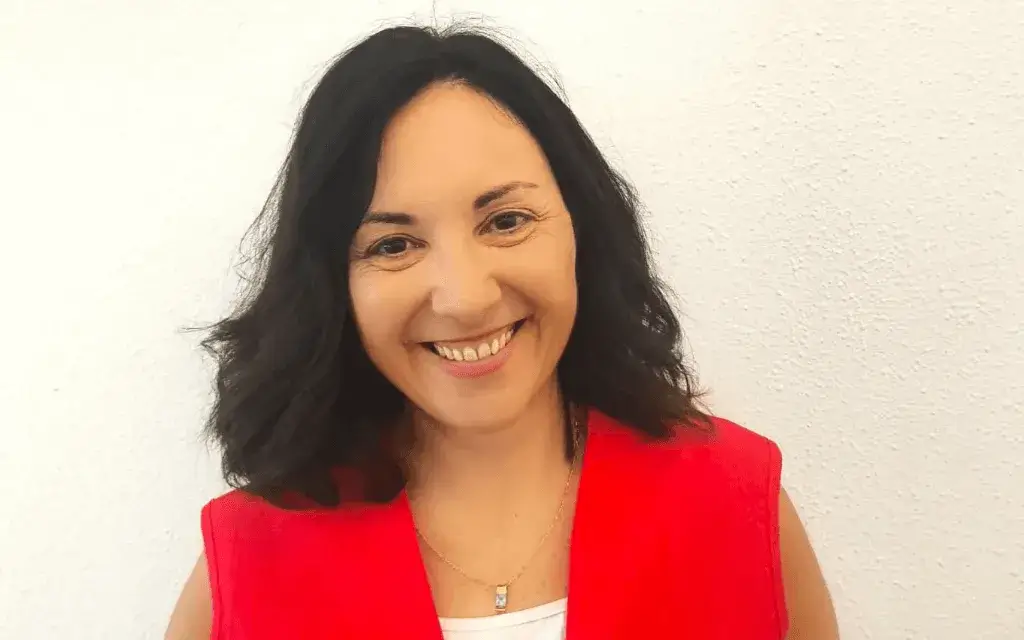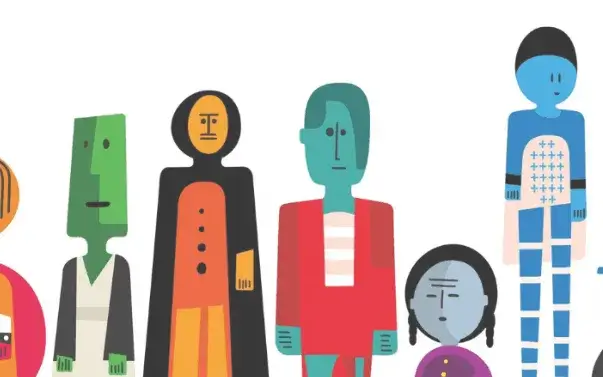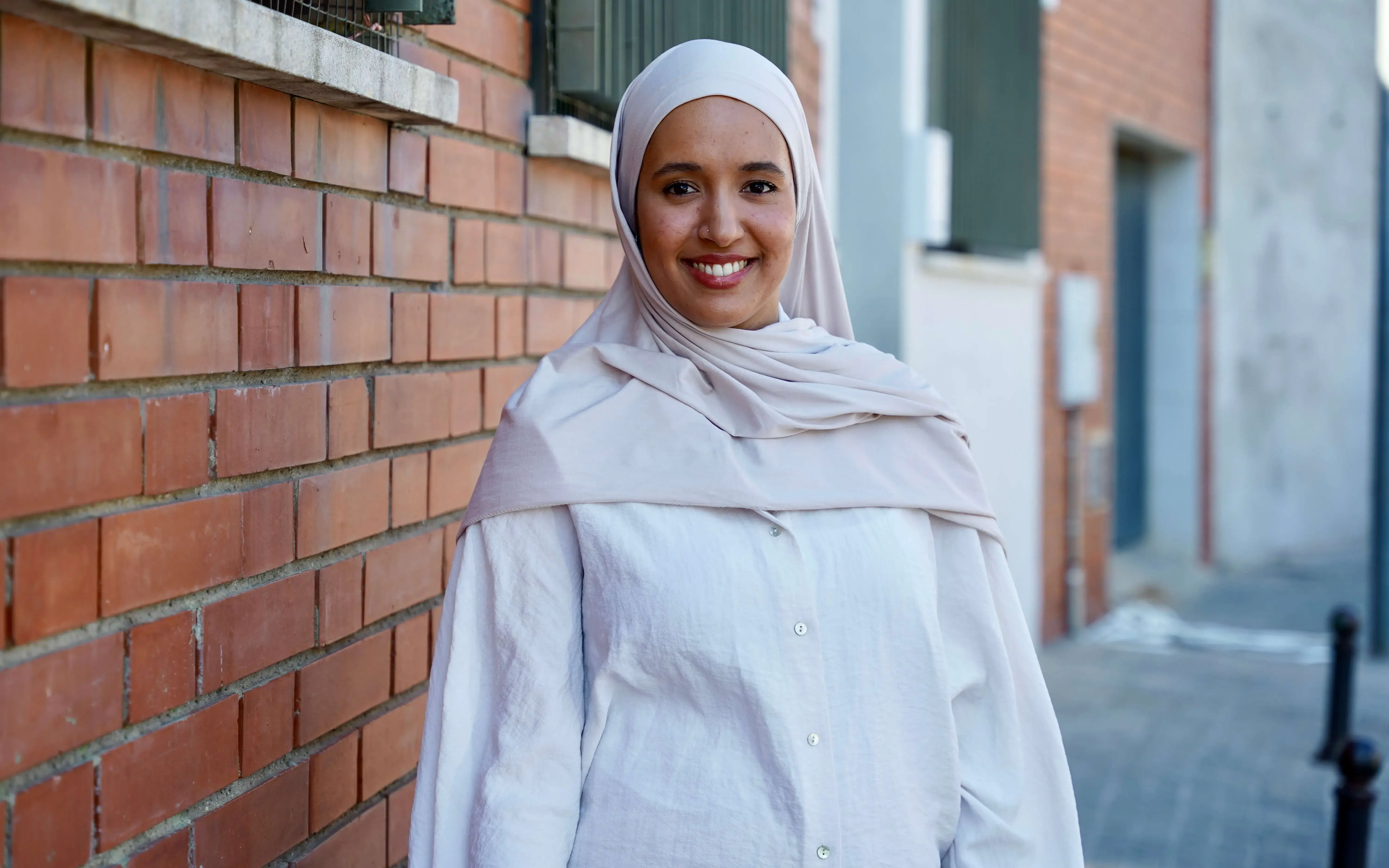The promoter of the campaign #TeCedoMiVoto and #VotarEsUnDerecho denounces the operation of the Spanish bureaucracy and continues to claim the right to vote in the municipal and European elections taking place on May 26.
In Catalonia, around 15% of the population is not entitled to vote, and in certain municipalities and neighborhoods, this figure rises to 30% or higher. The campaign #VotarEsunDerecho has had a significant impact, and, today, fifty Catalan entities have adhered to this manifesto. Correspondingly, a web portal has been created to exchange votes among people who abstain from voting and people who want to vote but who cannot do it.
Safia, tell us about you. Where are you from? Where are your parents from?
I'm from Tarragona. I was born in Catalonia 23 years ago. My family is Berber from Morocco, but my father and my mother have been living here for 35 years and have established a family here. I am from here and I have studied a career here.
What issues do you encounter as the daughter of immigrant parents?
Myself, along with many other people like me, are here but we cannot vote and that causes a lot of rage and impotence. One day, I told myself that I had to do something about it. I denounced the situation on my Instagram so that everyone who has experienced the same injustice could reach out to me and help take action. Thousands of people contacted me to report this situation.
And this is how the campaign #TeCedoMiVoto started?
Yes. Some time ago, I denounced the operation of the Spanish bureaucracy. Because of this bureaucracy, I do not have the right to Spanish nationality, nor do my parents. They make you pay a lot of money, around 500 euros between taxes and everything to get it. They asked me to do take validation exams that I refuse to take. I am from here and I should not have to take them. It would go against my principles. It is a bureaucratic injustice. One year ago, I asked for a dispensation, and I still have not received a response.
What is the goal of this campaign?
The goal is that people who abstain to vote, cede their vote to people who, like me, want to vote but do not have the right to. In previous elections, we received the support of many people who wanted to help us and some of them gave us their vote.
This campaign was started with Ahmed Nasser in the general elections. Now, I proceed with the European and municipality elections. What are you thinking?
He [Ahmed Nasser] has been very successful. I did not expect this response. We have mobilized a lot of people and actually got more than 100 people to vote.
You have also had the support of many organizations that have promoted the campaign. How do you value this?
It’s incredible. I have gained the support of around fifty organizations here that have helped us to not only promote the campaign but also to help us report the situation.
The first step is to have the people who abstain from voting give you their vote, but the problem here is still not solved…
Yes, of course not. Since the beginning, we have said that the fact that abstainers give us their vote is just a temporary patch on the problem, a momentary solution. Now the municipal and European elections are coming, and we are solely focused on being able to vote. Our claim goes further. We have the right to vote. When the elections are finished, we will take advanced steps. We denounce the institutional regime, the Spanish bureaucracy, and the discrimination to which we are the subject too.
The main issue is that the condition of citizenship is linked to nationality…
Exactly. The right to vote is linked to the condition of citizenship and this condition is linked to nationality. There is a lack of equality. Everything depends on nationality, but this is a form of discrimination and racism.







Add new comment